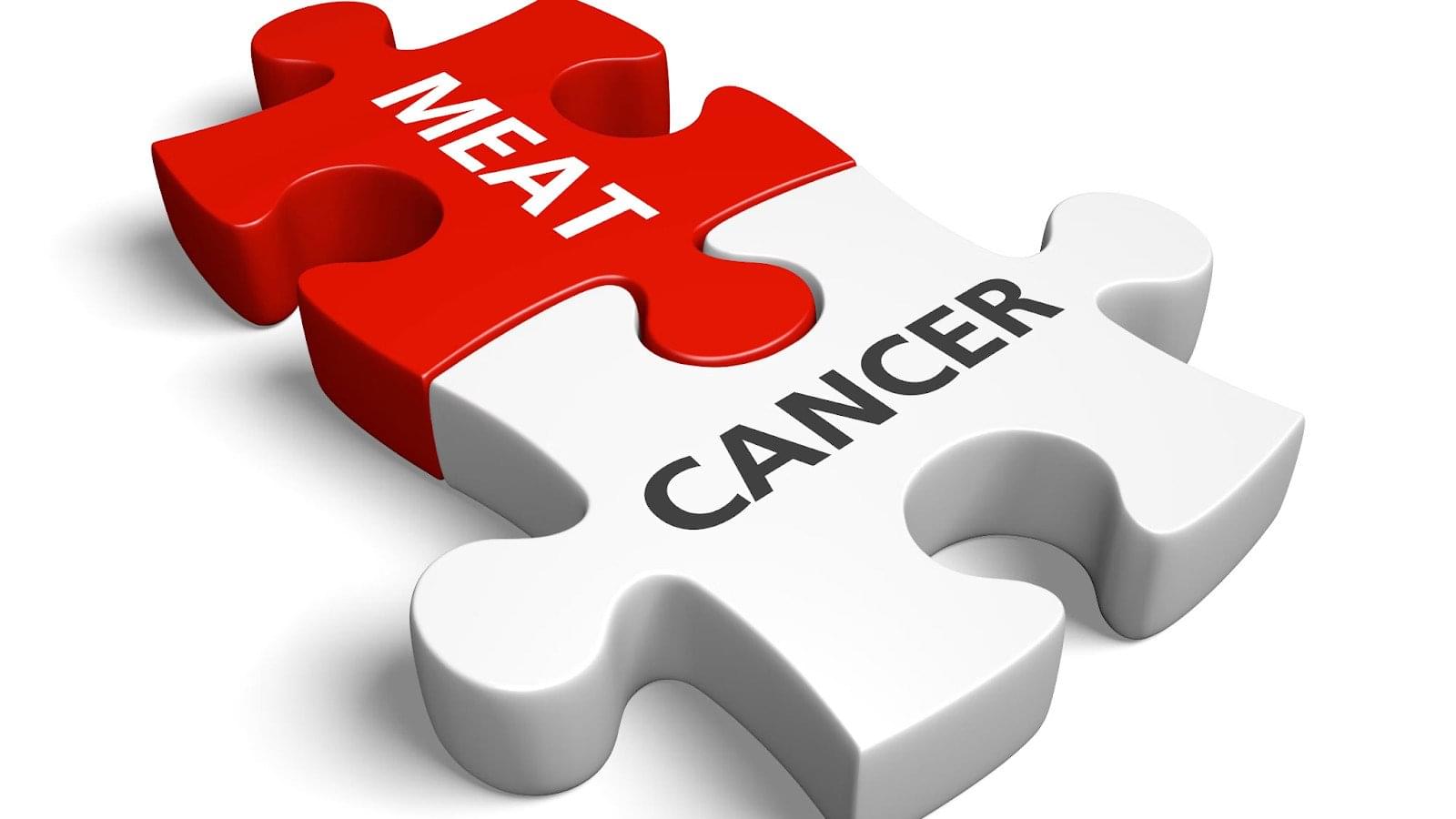Red Meat and Bowel Cancer: Understanding the Link and Making Healthier Choices

Red meat – such as beef, lamb, and pork – is a good source of protein, vitamins, and minerals and can form part of a balanced diet. But eating a lot of red and processed meat increases your risk of bowel (colorectal) cancer.
That’s why it’s recommended that people who eat more than 90g (cooked weight) of red and processed meat daily cut to 70g or less. This could help reduce your risk of bowel cancer.
Other healthier lifestyle choices, such as maintaining a healthy weight, keeping active, and not smoking, can also reduce your risk.
Red meat and processed meat
Red meat includes:
- beef
- lamb and mutton
- pork
- veal
- venison
- goat
It does not include the following:
- chicken
- turkey
- duck
- goose
- game birds
- rabbit
Processed meat is meat that’s been preserved by smoking, curing, salting or adding preservatives. This includes:
- sausages
- bacon
- ham
- deli meats such as salami
- pâtés
- canned meat such as corned beef
- sliced luncheon meats, including those made from chicken and turkey
Recommendations for red and processed meat
Adults
If you eat more than 90g of red or processed meat a day, it’s recommended that you reduce your intake to 70g or less a day.
You can eat smaller portions of red and processed meat, eat these meats less often, or swap them for alternatives.
If you eat more than 90g of red and processed meat on a certain day, you can eat less on the following days or have meat-free days so that the average amount you eat each day is no more than 70g.
Children
Children over 5 should eat a balanced diet, as shown in the proportions on the Eatwell Guide. This should include meat or other sources of protein.
Children do not need as much food as adults, and the amount they need depends on their age and size.
For babies and children under 5, get advice on introducing them to white and red meat and other solid foods.
Portion sizes and cutting down
These average examples of the weight of various cooked meat products can help you determine how much red and processed meat you eat.
The amount in grams represents the cooked weight:
- portion of Sunday roast (3 thin-cut slices of roast lamb, beef, or pork, each about the size of half a slice of sliced bread) – 90g
- grilled 8oz beef steak – 163g
- cooked breakfast (2 standard British sausages, around 9cm long, and 2 thin-cut rashers of bacon) – 130g
- large doner kebab – 130g
- 5oz rump steak – 102g
- quarter-pound beef burger – 78g
- thin slice of corned beef – 38g
- a slice of black pudding – 30g
- a slice of ham – 23g
Cutting down
You can cut down on red and processed meat by eating smaller portions and by eating them less often. The following swaps could help:
- Breakfast: if it’s a full breakfast, swap the bacon or sausages for extra mushrooms, tomatoes, or toast.
- Sandwiches: swap one of your ham or beef sandwiches for a non-red meat filling, such as chicken or fish.
- Pie and chips: swap your steak pie for chicken pie.
- Burger: swap your quarter-pound burger for a standard hamburger. Or you could choose a chicken, fish, or vegetable burger for a change.
- Sausages: have 2 pork sausages rather than 3, and add a portion of vegetables. Opt for reduced-fat sausages.
- Sunday roast: swap your roast beef, pork, or lamb for roast chicken, turkey, or fish.
- Steak: swap an 8oz steak (163g) for a 5oz steak (102g).
- Casseroles, stews, and curries: include more vegetables, beans, and pulses, and use less red meat.
You could swap lamb or beef for turkey or vegetarian mince in your spaghetti bolognese, lasagne, and chili con carne.
Try to have a meat-free day each week. Swap red or processed meat for fish or shellfish, or have a vegetarian meal.
In conclusion,
The link between red meat consumption and bowel cancer is a complex issue requiring a balanced approach. While evidence suggests that high consumption of red and processed meats increases the risk of bowel cancer, it is important to note that not all types of meat are equally harmful.
Furthermore, other factors such as genetics, lifestyle, and environmental factors can also contribute to the development of bowel cancer.
To make healthier choices, limiting the consumption of red and processed meats and choosing leaner cuts of meat when including them in the diet is recommended.
It is also important to include a variety of fruits, vegetables, and whole grains in the diet, which have been shown to have protective effects against cancer.
Finally, individuals should also engage in regular physical activity and maintain a healthy body weight, which can further reduce their risk of bowel cancer.
Overall, by understanding the link between red meat and bowel cancer and by making healthier choices, individuals can take steps to reduce their risk of developing this disease and promote their overall health and well-being.